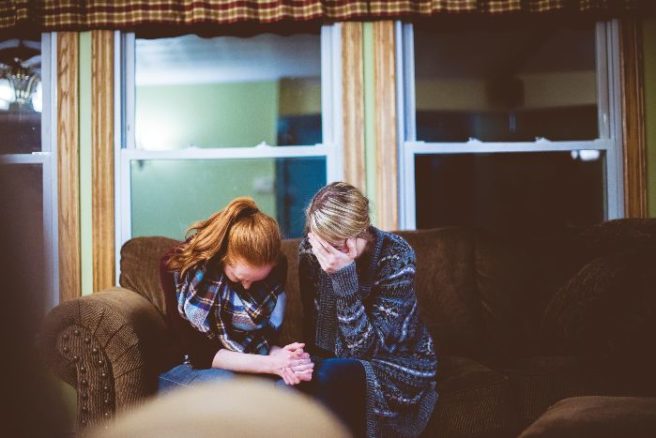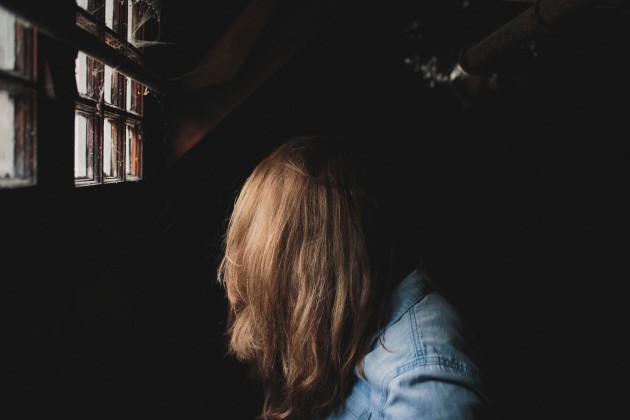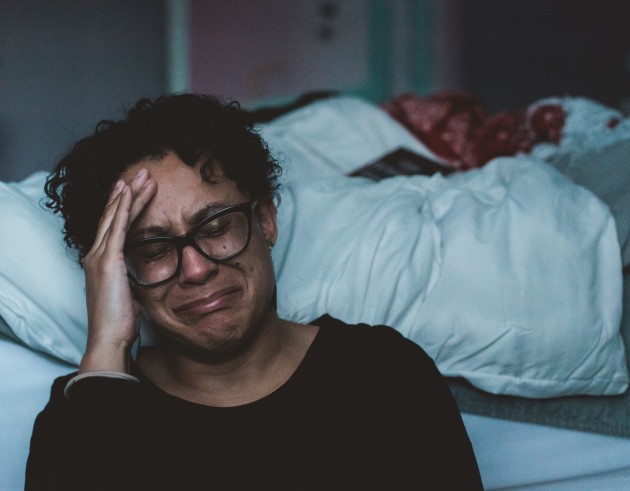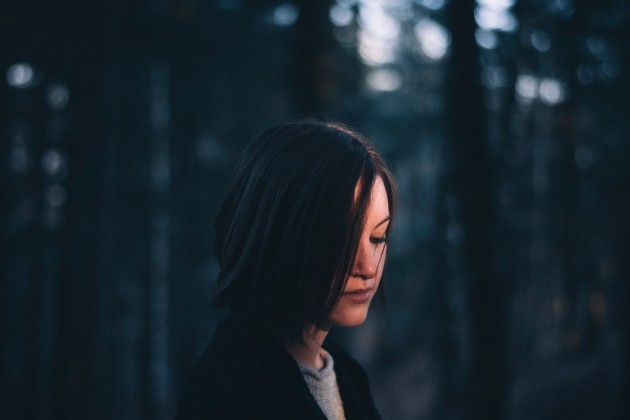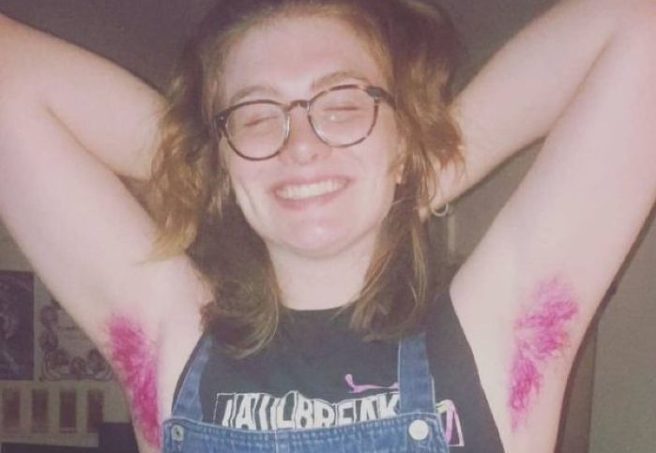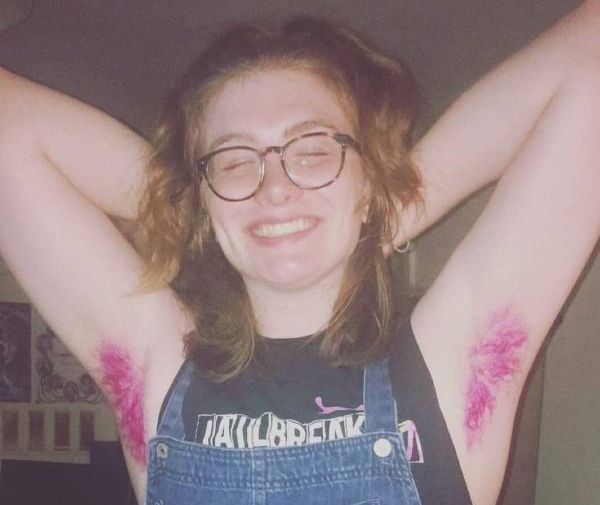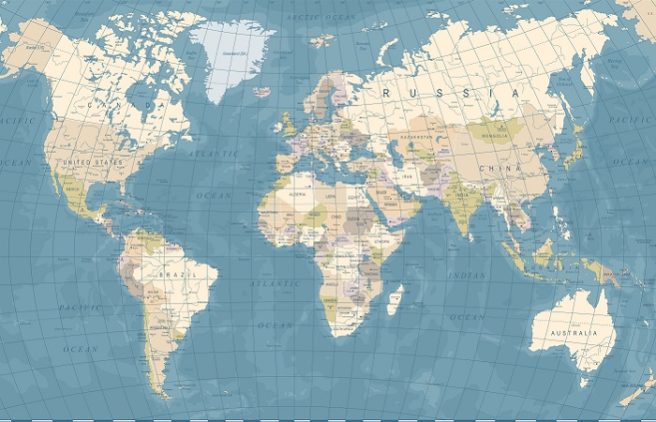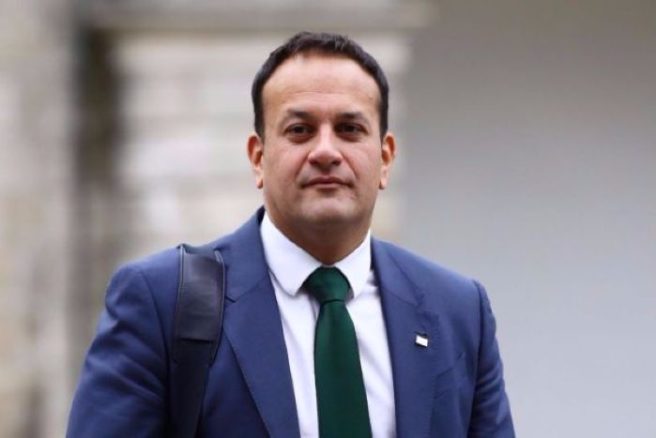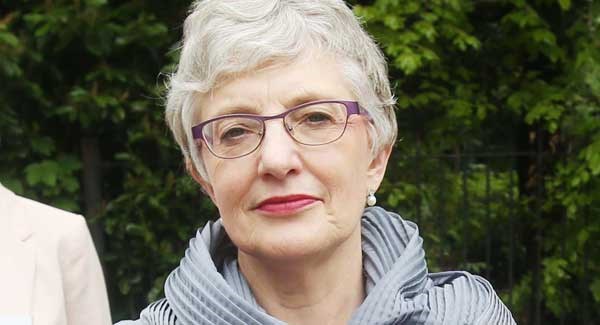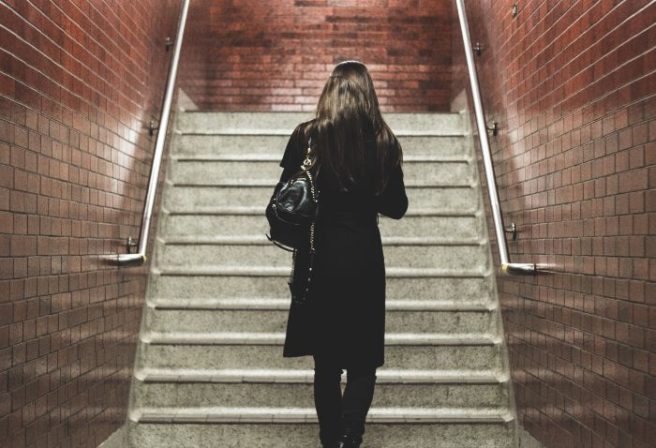
Is he following me? Women need to feel safe when we’re walking alone
Wouldn’t it be nice to walk down the road without clinging to your keys, without flinching every single time you see someone in a hoodie and without that unnerving feeling in your tummy that you’re not safe?
No woman should fear for her safety as she walks down the street she has lived on for 25 years, but we do.
The season where our house keys are gripped so tightly in our hands that they leave a mark is here. Warm summer evenings are long gone and have been replaced by November’s darkness that seeps it’s way into the sky at 4pm.
I reached out to our wonderful Shemazing readers to discuss the fear of walking alone that hangs over millions of women, especially in the winter months and it’ll come as no surprise to discover that 87% of our followers do not feel safe when they are walking alone in the dark.
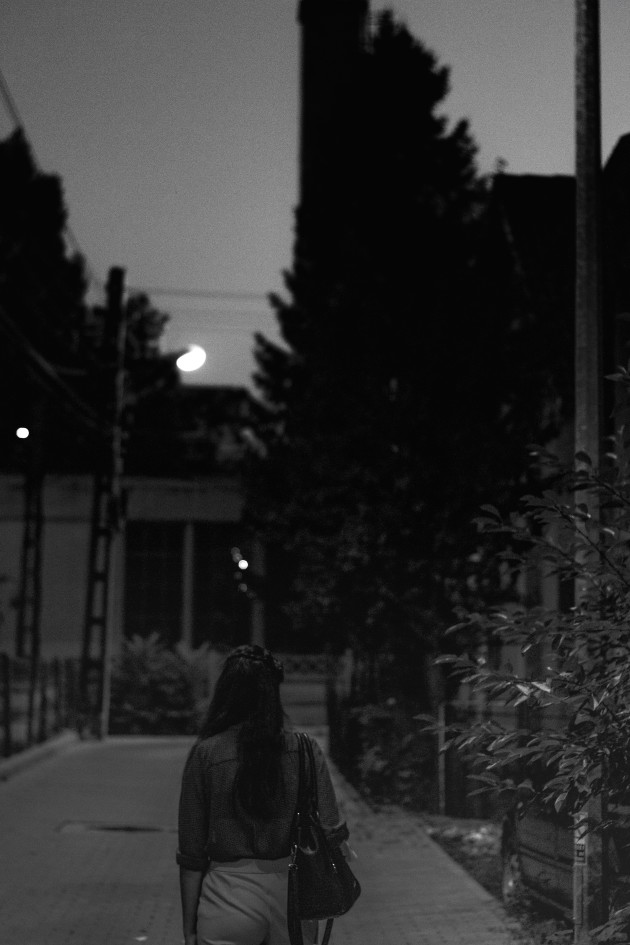
Can you imagine a world where it is perfectly safe for a young woman to stroll home from the office without feeling the need to call her best friend, just so she isn’t entirely alone?
When asked what makes them feel that little bit safer when out in the dark, the majority of our readers revealed that calling someone, anyone who is free, is their biggest reassurance.
Hearing a familiar voice and knowing that someone is with you until you’re in the safety of your own home has become an essential part of late evening walks like the scarf that keeps you warm and the runners on your feet.
Others cling to their house keys, stick to busier streets and ensure their loved ones always know what route they’re taking.
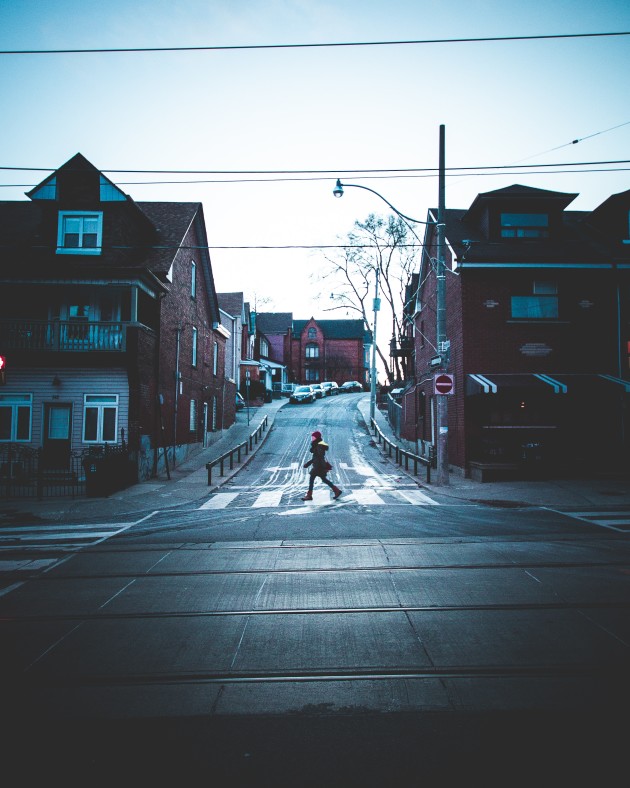
Many carry weapons because you just don’t know what could happen when you’re alone. Better safe than sorry, we mutter, but it shouldn’t be this way.
If we see a suspicious character we’ll pretend a random house is our home. We’ll call our mam to feel less alone but we can’t help but flinch whenever a man appears to be following us.
We lower our music so much that the lyrics are unrecognisable. Our hands tighten around the strap of our handbag. A passing car or the sound of footsteps can send you into a state of panic, because this is the world that we live in, one where you can’t even feel safe as you walk down a familiar street at 8pm.
We need better street lights and safer routes. We need more support from neighbourhoods and improved surveillance, a stronger presence of Gardaí and an alert system if we're in danger.
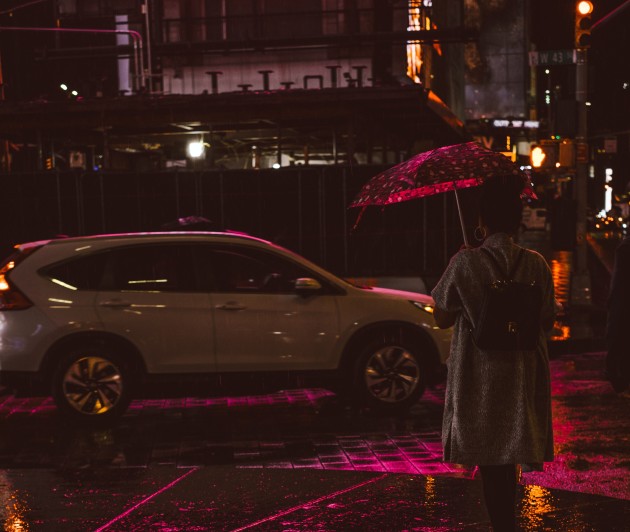
However, what we really need is for people to change, especially men. I’m not trying to say that no man has ever felt this unnerving fear in the pit of his stomach as he walks alone in the dark, but it is a feeling that every woman, no matter what her age, is way too familiar with.
A 2018 survey revealed that an astonishing nine in 10 women feel unsafe in Ireland just because of their gender. Three-quarters admitted that they walk or jog faster to ensure they’re safe at nighttime. Almost 50% will change their route or walk longer distances as a safety precaution.
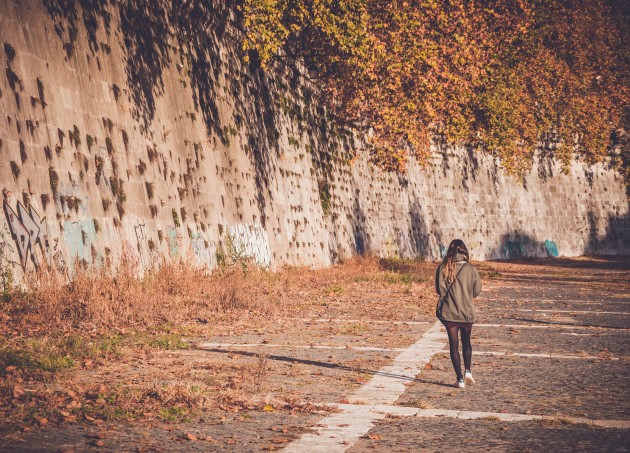
Everyone should have the right to walk down the street without the fear of being attacked. Women should be able to listen to music and stroll down the road, but we don’t and it’s because of that shared fear, that constant terror and because this is the world we live in.
The council can install as many street lights as possible, but this feeling of fear will never leave us unless men change their attitudes towards women.
When asked what would make them feel safe when walking alone, one reader’s simple response hit me hard.
“Lights in darker areas, but it still doesn’t stop men attacking us.”
Her words prove that teaching men to respect and treat women as their equals is the key here.
We need them to be our allies, not our enemies.






